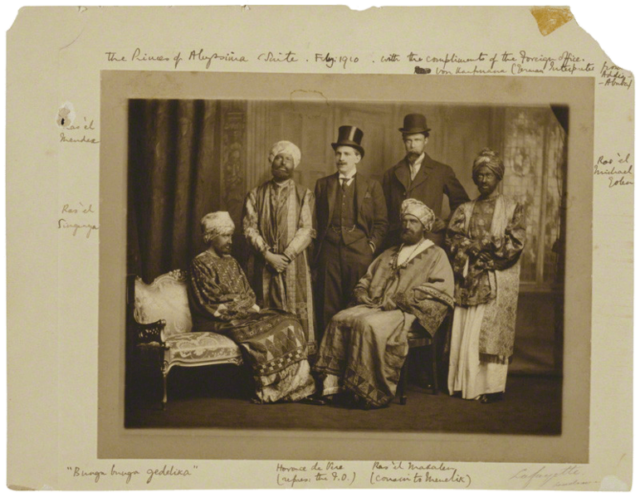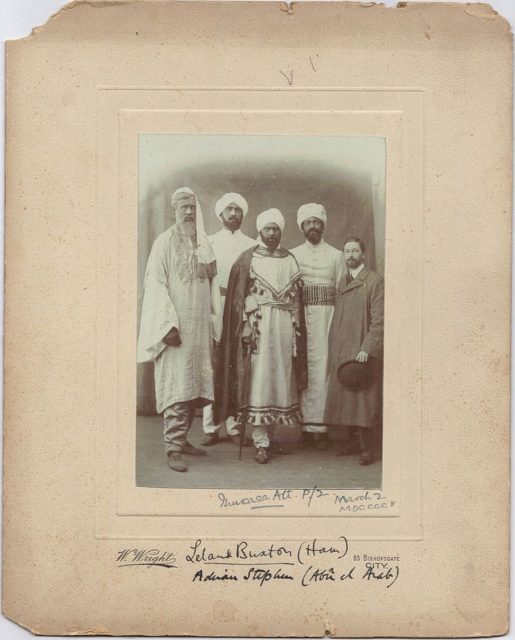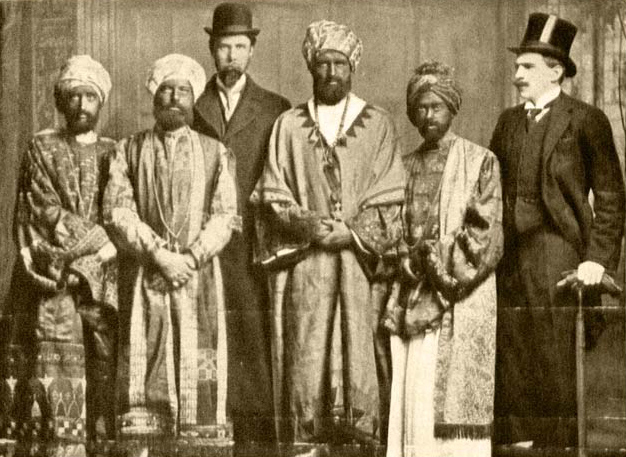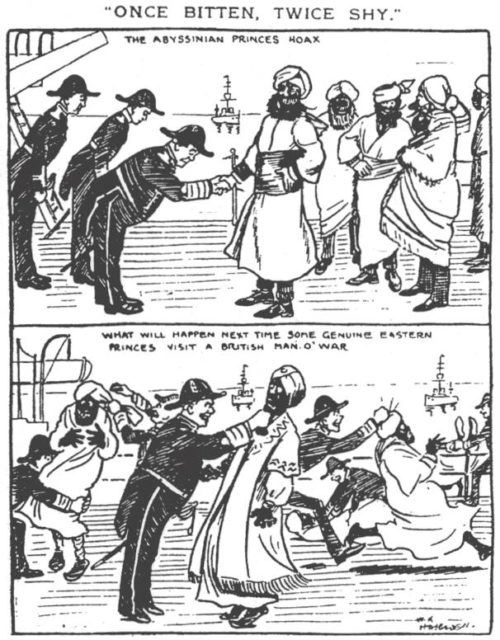The early part of the 20th century was undoubtedly the age of great practical jokes, which were played out on friend and foe alike. The supreme exponent of this kind of trickery was William Horace de Vere Cole, the man who turned hoaxing into an art form. Nothing delighted him more than seeing the Establishment with egg on its face. Horace de Vere Cole was an eccentric prankster and poet born in Ireland, who rubbed shoulders with some of the great figures of his day.

He once dared an MP to race him to the nearest street corner with a ten-yard start; having already slipped his gold watch into the man’s pocket, he shouted for the police as the man appeared to flee from him. They promptly arrested the politician as a pickpocket. On another occasion, he gave a party at which the guests discovered that all their surnames included the word ‘bottom’; another time he gave theater tickets to all his bald friends, carefully buying seats so that, when looked at from above, the heads spelled out an expletive. As an undergraduate at Cambridge University, Cole had posed as the Sultan of Zanzibar — who was visiting London at the time — to make an official visit to his own college accompanied by his friend, Adrian Stephen (the brother of Virginia Woolf).

Cole and Adrian Stephen sought diversion while they were students at Cambridge. After a series of minor hoaxes, they decided to do something more elaborate. Stephen wanted to take command of a platoon of German soldiers and lead them across the French frontier to cause an incident. Cole’s idea was more feasible—to pose as the Sultan of Zanzibar and make a state visit to Cambridge.
The Sultan was visiting England at the time and details had been published in the newspapers. A telegram was sent to the Mayor, ostensibly from a government official. Cole, Stephen, and three other friends then dressed up in robes and turbans and arrived at the railway station where they were met by the Town Clerk who took them to an official reception by the Mayor at the Guildhall. After the meeting, they were shown around a charity bazaar and given a tour of the sights. They were then escorted back to the station, where they made their escape. Cole gave the story to the Daily Mail and the pranksters became famous overnight. The Mayor wanted the student sent down but was persuaded by the Vice-Chancellor that this would only cause further embarrassment.

The Dreadnought Hoax was a similar impersonation: it was suggested to Cole as a target by a friend who was an officer on HMS Hawke, a rival ship of the HMS Dreadnought. Officers on the Dreadnought included Stephen’s cousin, Commander Willie Fisher, who was a member of the Admiral’s staff. The scheme involved Cole and five friends — writer Virginia Stephen (later Virginia Woolf), her brother Adrian Stephen, Guy Ridley, Anthony Buxton and artist Duncan Grant. The pranksters had themselves disguised by the theatrical costumier Willy Clarkson with skin darkeners and turbans to resemble members of the Abyssinian royal family. The main limitation of the disguises was that the “royals” could not eat anything, or their makeup would be ruined. Adrian Stephen took the role of “interpreter”.

On 7 February 1910, the plan was set in motion. Cole organized for an accomplice to send a telegram to HMS Dreadnought, which was then moored in Portland Harbour, Dorset. The message said that the ship should prepare for the visit of a group of princes from Abyssinia; the telegram was purportedly signed by Foreign Office Undersecretary Sir Charles Hardinge. Cole went with his entourage to London’s Paddington station, where Cole claimed to be “Herbert Cholmondeley” of the Foreign Office and demanded a special train to Weymouth. The stationmaster arranged a VIP coach.
In Weymouth, the Navy welcomed the princes with an honor guard. An Abyssinian flag was not found, so the Navy proceeded to use that of Zanzibar and to play Zanzibar’s national anthem. The group inspected the fleet. To show their appreciation, they communicated in a gibberish of words drawn from Latin and Greek; they asked for prayer mats and attempted to bestow fake military honors on some of the officers. Commander Fisher failed to recognize either of his cousins.

When the prank was uncovered in London, the ringleader Horace de Vere Cole contacted the press and sent a photo of the “princes” to the Daily Mirror. The group’s pacifist views were considered a source of embarrassment, and the Royal Navy briefly became an object of ridicule. The Navy later demanded Cole’s arrest. However, Cole and his compatriots had not technically broken any laws, and the pranksters managed to evade punishment.